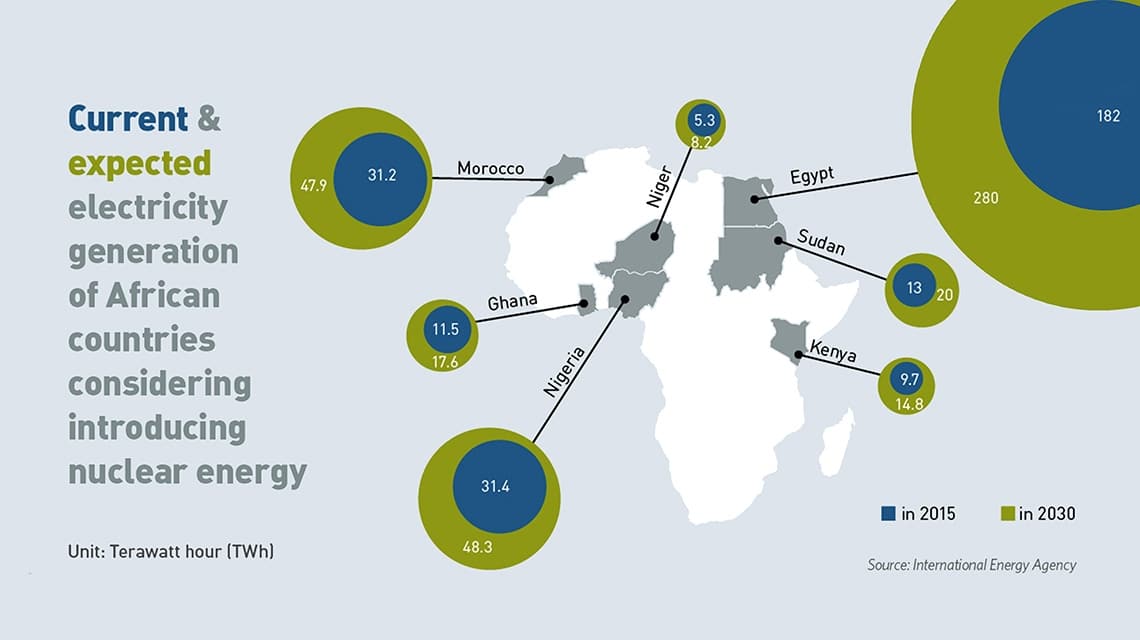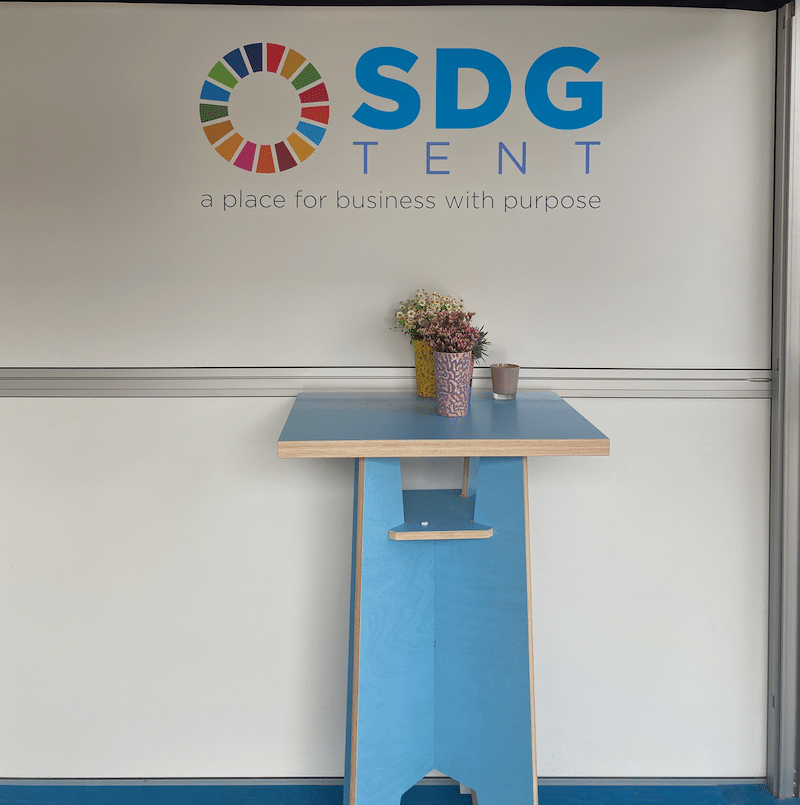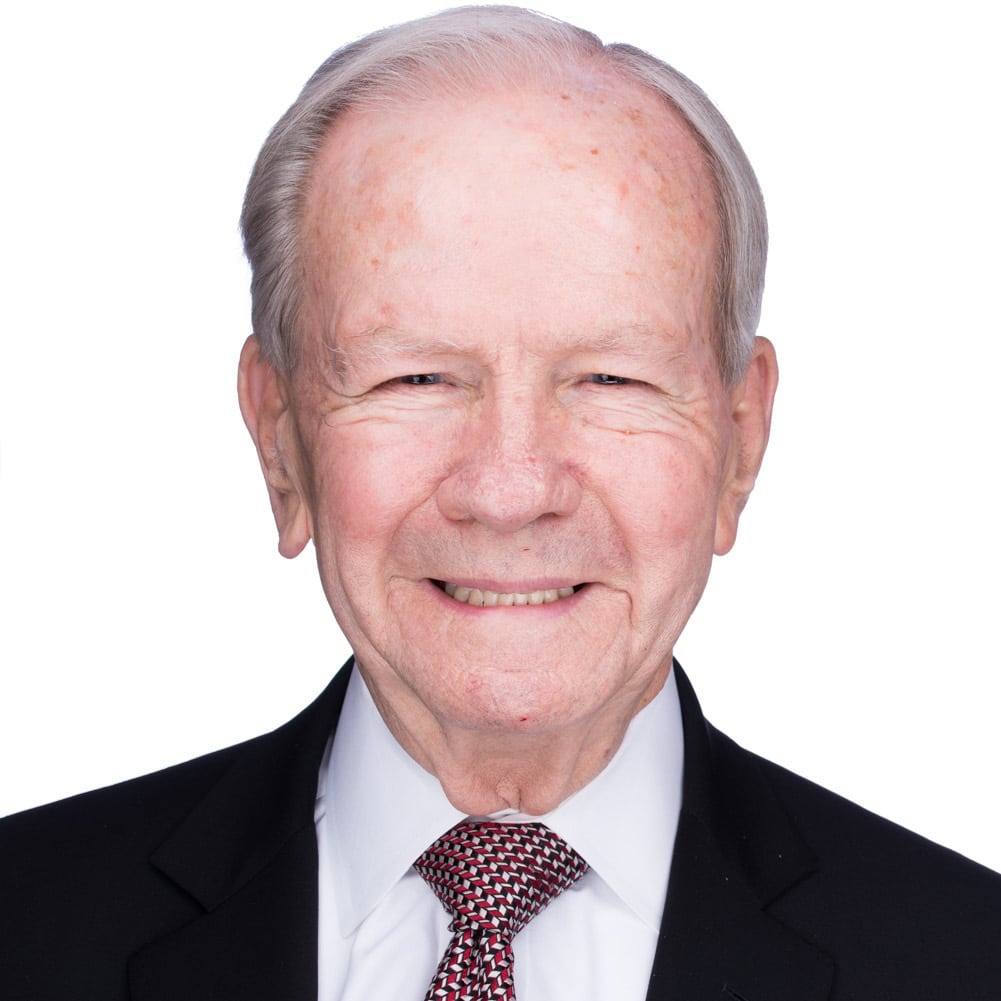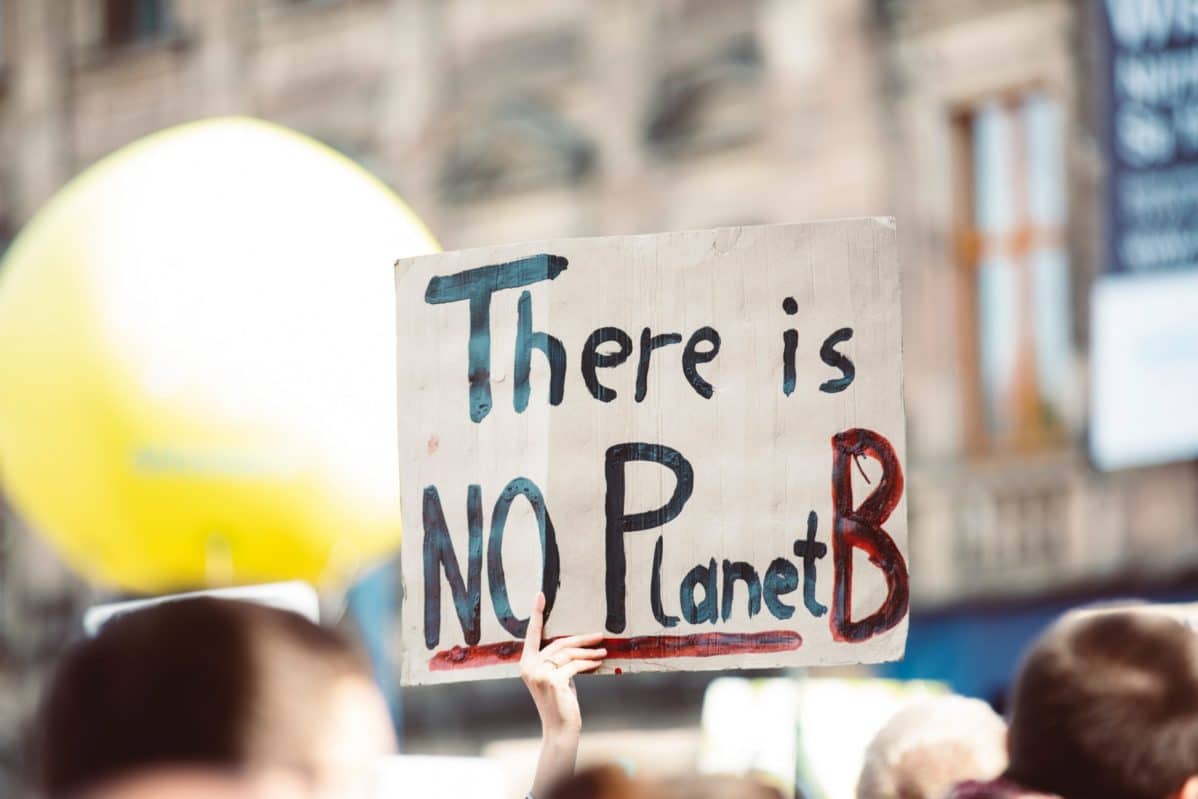The arc of development in African nations will be shaped by the availability of clean, affordable electricity that can power emerging economies. The International Atomic Energy Agency (IAEA) reports almost 30 countries are considering nuclear energy in their energy mix. One third of those countries are in Africa.
Countries like Egypt, Ghana, Kenya, Morocco, Niger, Nigeria and Sudan have participated in the IAEA’s readiness assessments and other countries such as Algeria, Tunisia, Uganda and Zambia have begun to explore the possibilities. Ongoing policy changes by the governments of the United States and United Kingdom will facilitate powerful alliances.
The special relationship between the U.S. and the U.K. represents an essential example of the value of getting people invested in mutual interests. Efforts by governments on both sides of the Atlantic see the portability of this approach into the more than fifty countries on the continent of Africa. Business leaders are pushing their governments to make way for greater collaboration. The emergence of Africa’s economies will require foreign leaders to take serious interest in the long-term climate, economic and national security interests of host countries. Leaders have taken steps to define energy goals with their counterparts in new markets, rather than for.
A July policy change allows the U.S. Development Finance Corporation (DFC) to finance nuclear projects abroad. “What we were struggling with up until this point was offering attractive financing packages to countries that want to procure US technology and that century-long relationship,” U.S. Department of Energy (DOE) Assistant Secretary for the Office of Nuclear Energy Rita Baranwal told Morning Consult. Changes at the DFC encourage investors from private equity and financial institutions to take new interest in opportunities to help African nations improve their energy infrastructure.
African infrastructure projects have brought new attention to the region. Reuben E. Brigety II, former U.S. ambassador to the African Union, recently explained to George Mason University’s National Security Institute in a webinar “Africa matters,” Brigety said. “Other countries understand that Africa matters and countries in Africa… know that they have options” in who they partner with for infrastructure development.
Customer-focused efforts, led by private interests, aim to support national energy programs. Across Africa, as elsewhere, commercial projects take shape differently than large, state-sponsored initiatives. Clear contracts, comprehensive business plans and integrated supply chains present opportunities to grow ecosystems to support improved local energy economics. Failed projects led by state-owned foreign interests in Africa have necessitated new approaches and leaders are finding better ways to launch rational programs in the interests of their people.
Politically sustainable economic partnership requires implementation and financing plans that clearly articulate the terms. Of particular interest are nuclear energy programs. These zero-carbon generators can jump start an industrial and manufacturing base. As a result, new nuclear programs represent opportunities for businesses and governments to cultivate decades-long relationships.






